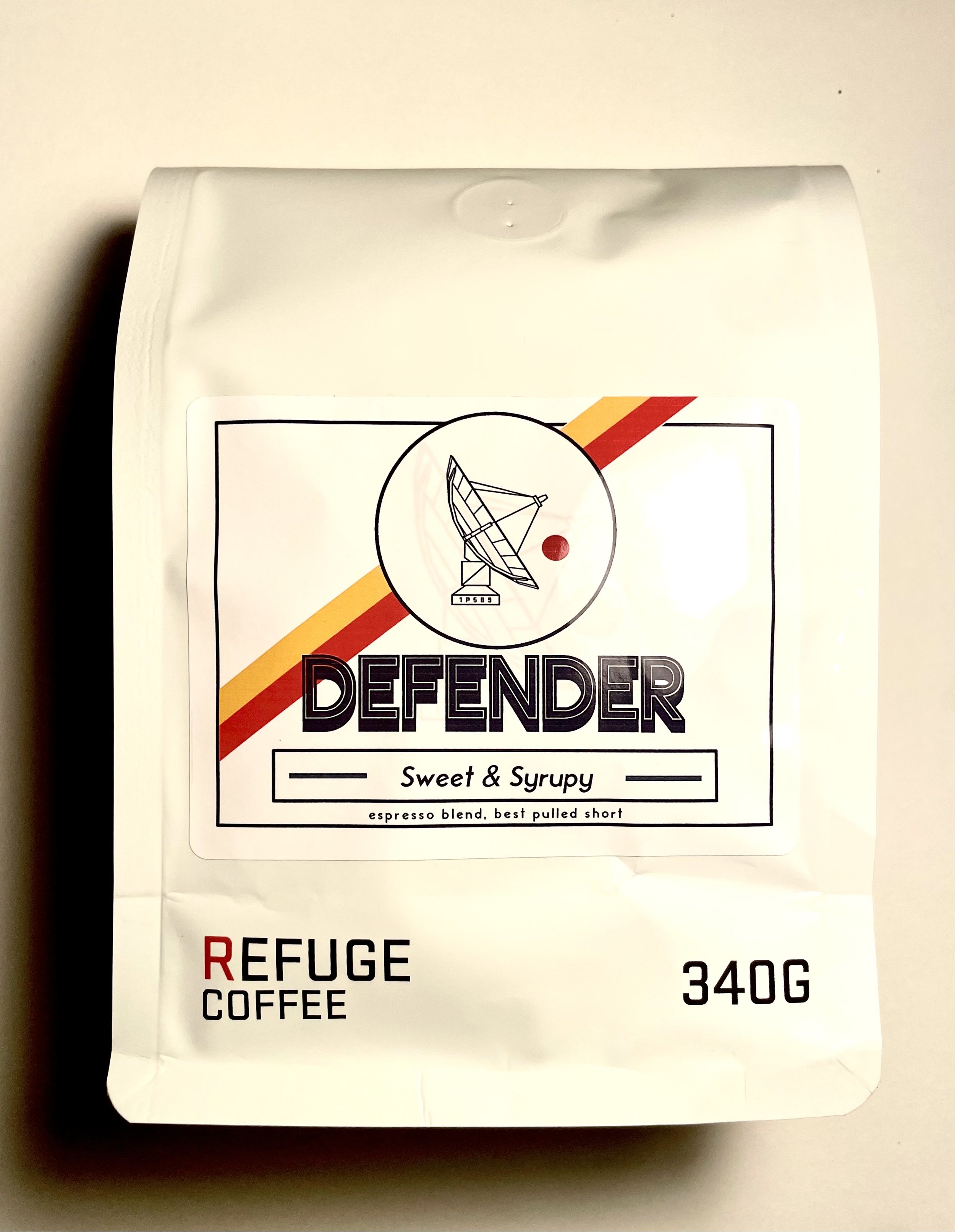What is The Best Coffee Water?
Why Water Matters in Coffee - Best Coffee Water
You’ve probably heard that coffee is 98% water. It’s true, and it can make a big difference in how your coffee tastes. If you use water that’s full of chlorine – like tap water – or has a weird aftertaste, it’s like trying to paint a masterpiece with a crayon…you’re not getting the full picture.
To make a great cup of coffee, you need clean, fresh water with little mineral content – not lab “enhanced” water or tap water. It helps pull out all the right flavors from your beans, making sure that every sip is full of the most flavor possible.
In this article, we’re going to cover what the best coffee water is and what water not to use.
What’s the Best Water For Coffee?
Now that you know that water plays a HUGE role in making a great cup of coffee, let’s talk about what kind of water you should use.
Filtered Water: This is your best option. A good water filter removes chlorine, minerals, and other impurities without stripping the water of essential elements. The result? Water that’s clean and balanced, helping your coffee taste just like it should. Simple, right?
Bottled Spring Water: If you’re in a pinch, bottled spring water works well too. Just be sure it’s free from any added minerals or chemicals. You want water that’s natural, not water that’s been "enhanced" in a lab.
Distilled Water: While distilled water is pure, it’s missing the minerals that help bring out the full flavor of your coffee. If you use distilled water, your coffee might taste a little flat.
Hard vs. Soft Water: Hard water has a higher mineral content, which can lead to scale build-up in your coffee maker. Soft water, on the other hand, is low in minerals, which can make your coffee taste a little weak. The key is balanced water—just the right amount of minerals to enhance flavor without overpowering it. The Specialty Coffee Association recommends using water with a total hardness of 50 to 175 ppm and a carbonate hardness of 40 to 75 ppm for brewing.
The Importance of Temperature
Okay, let’s talk temperature. Too hot, and you get a bitter over-extracted cup that’s basically like drinking liquid regret. Too cold, and your coffee will be a weak, watered-down mess. The sweet spot is between 195°F and 205°F (90°C–96°C).
You want it right in the middle, so your coffee can extract all the flavors it’s meant to. You DO NOT want to overlook water temperature because it can massively affect the taste of your cup.
If tap water’s pH level is neutral (around 7) then it is ideal for coffee brewing.
What About Tap Water?
If you’re using tap water, if it tastes fine on its own, then it’ll probably be fine for brewing. But if your tap water has that “swimming pool” taste or leaves a weird metallic aftertaste, it’s time to change your water. Trust us, your coffee will thank you for it.
To really know if your tap water is up to the job, you can check its pH. Ideal coffee water should have a slightly neutral pH (around 7). Water that’s too acidic or too alkaline can throw off the extraction, leaving you with an underwhelming cup.
Quick Recap for Using the Best Water
By now, you’ve got the basics of water down. But just in case you missed something or you’re looking for a refresher, here are some quick tips for making coffee that actually tastes good:
Use Clean Water: Filtered is best. Bottled spring water is fine too. Tap water can work, but only if it doesn’t taste like it’s been through a swimming pool.
Get the Temperature Right: Your water should be between 195°F and 205°F. Too hot or too cold, and your coffee will be disappointing.
Avoid Distilled Water: It’s missing the minerals your coffee needs to taste its best.
What REALLY Takes Your Coffee To the Next Level
Now that you’re a water expert, let’s talk about what really takes your coffee to the next level, the coffee itself!
At Refuge Coffee Roasters, we roast our beans in small batches to bring out the most in their natural flavors. Whether it’s a bright, single-origin or one of our curated blends, we put care into every batch. After all, great coffee deserves great treatment.
You've learned all about the importance of using the right water, but without the right beans, it’s all for nothing. Without the right coffee, you’re not getting the full experience.
Not sure which coffee to pick? Browse our selection of single origins or blends, read the descriptions, and pick the one that sounds good for you—or just play eenie-meenie-minie-mo! Either way, you’ll end up with a great bag of coffee.




